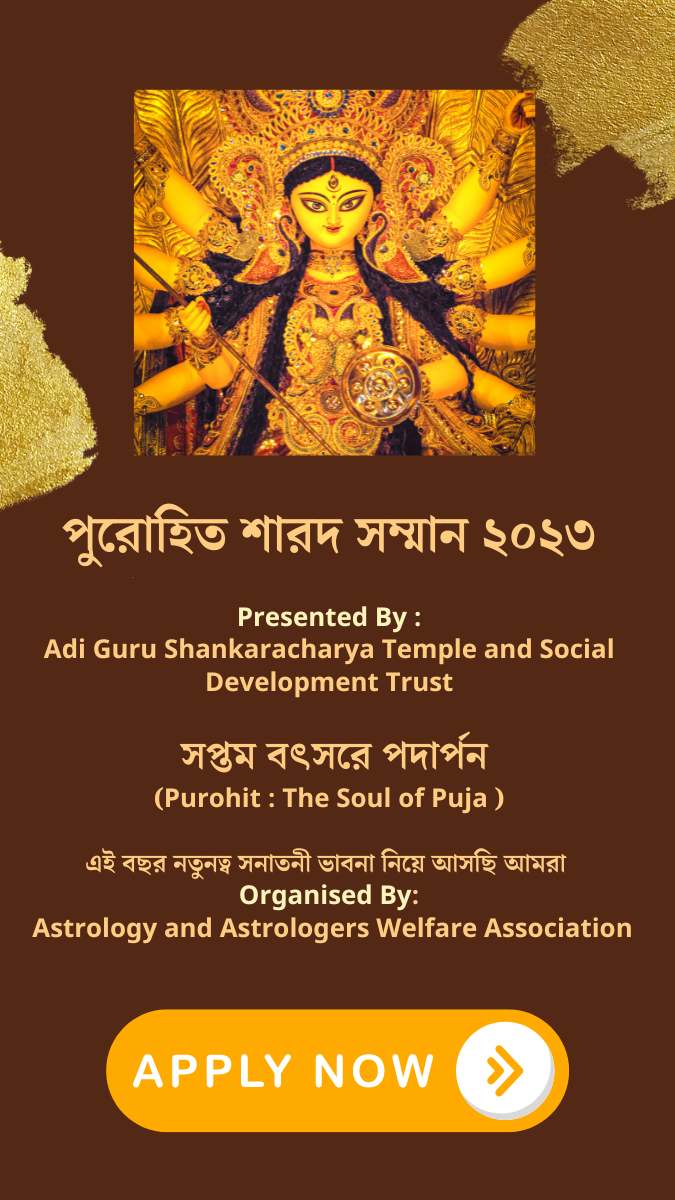Adi Shankaracharya is one of the most venerated sages throughout the entire existence of India and the whole world. Previous ambassador Pavan K. Varma, the writer of this book on his life and lessons, depicts Shankara as “Hinduism’s most prominent scholar”. However, Shankara was not a simple mastermind in the western feeling of a savvy scholarly; he was one in the vedantic sense, an extraordinary master who takes us past the dualistic psyche to the most elevated unitary mindfulness.
There is some discussion about Shankara’s date of birth, put as late as the eighth century however a lot prior by different records. However, there is no uncertainty about the immense degree of his impact.
In a short existence of just 32 years, he generally changed India. Shankara is most popular for his proclamation of Vedanta in its Advaitic or non-dualistic structure, yet this is only the peak gem of his numerous grandiose accomplishments.
Shankara’s analyses on the three principle writings of Hinduism (Brahma Sutras, Upanishads, and Bhagavad Gita) framed the model followed by extraordinary acharyas like Ramanuja and Madhva. His shorter takes a shot at Vedanta are loaded up with profound experiences on the idea of psyche and cognizance. However, alongside these, Shankara restored Hindu dharma by and large, denoting another period in its appearance.
Despite the fact that Shankara was conceived in Kerala, he spread Vedic lessons all through India to the extent Kashmir. Unmistakably, he perceived the social solidarity of India. On the off chance that there is any uncertainty India existed as a nation at that point, Shankara’s work demonstrates this to have been a reality.
Shankara sorted out four extraordinary maths across India (Dwarka, Puri, Sringeri and Joshimath). He is said to have redesigned the scorch dham, or the four primary Himalayan sanctuaries of Badrinath, Kedarnath, Gangotri and Yamunotri. He redesigned Hindu love into the five divinity lines of Shiva, Vishnu, Devi, Ganesha and Surya. His psalms or stotras to all the fundamental Hindu gods remain normally recited in pujas and sanctuary ceremonies in north and south India.

